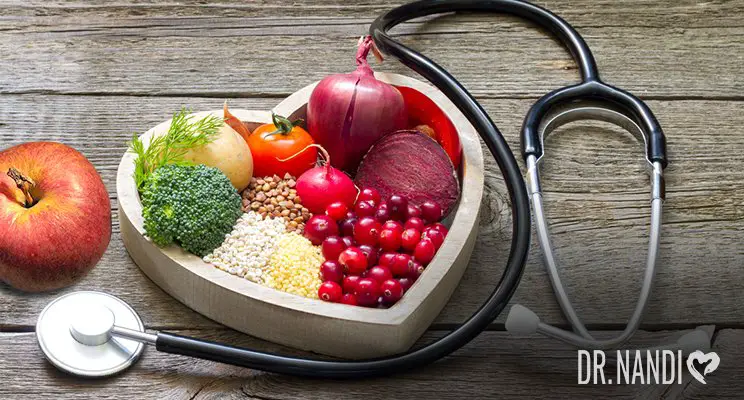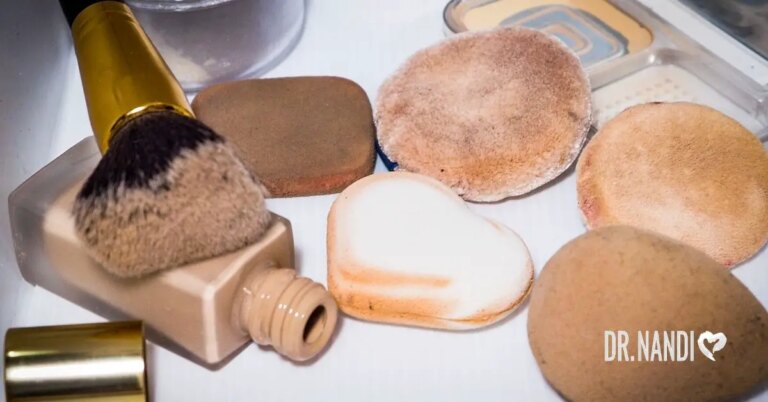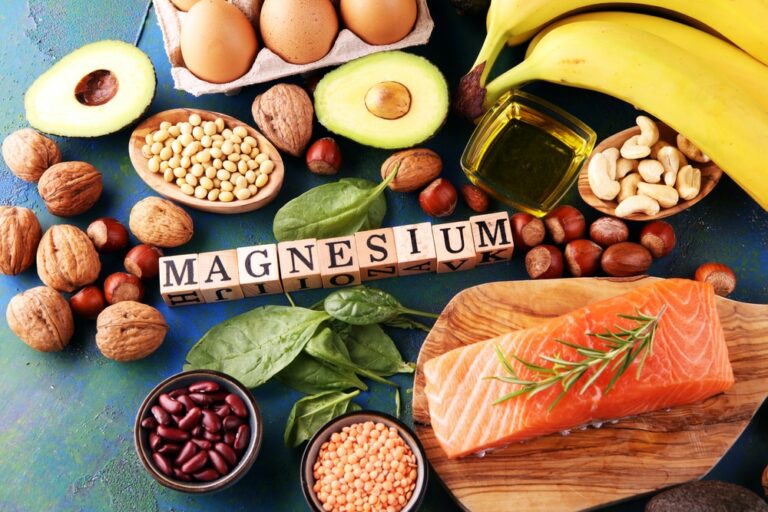Maybe you’ve been warned by your doctor, have had a heart condition in the past, or you’re simply cholesterol conscious, but anyway you put it, it’s always a good idea to keep your cholesterol at a healthy level.
While medication is one option, there are many natural ways to achieve the same goal, which are not only cheaper, but better for you! Here are some of the most effective ways to lower your cholesterol.
Effective Natural Ways To Lower Cholesterol
1. Daily Exercise
I know, I can hear the groans. But there’s a reason exercise comes up so often when it comes to maintaining a healthy lifestyle. It’s so incredibly good for you! Adding physical activity to your daily routine, even if it’s just 15 or 30 minutes, can help improve your cholesterol levels while also giving you more healthy energy throughout the day. Exercise is also helpful when it comes to maintaining a healthy weight, which is another bonus for improving cholesterol levels. (1, 2)
Remember, the best exercise is the one that you love doing. So find something that you enjoy! Find a new hike, take the dog for a stroll, play some tennis, go swimming, whatever strikes your fancy and gets your heart rate going.
2. Stay Away From Refined Grains And Sugars
Refined sounds like something fancy and healthy, but when it comes to grains and sugars, it’s exactly the opposite. Refined carbohydrates do no favors for your cholesterol and increase the risk of cardiovascular disease. This is especially true for sugary beverages, so limit your soda and energy drinks as much as possible. (3)
The key here is moderation. If saying goodbye to white bread and cookies is too hard for you, try limiting your intake to a couple times a week! Start at a level that you know you can maintain, and then move forward from there. Even little changes in your diet will bring results!
3. Replace Bad Fats With Good Fats
As much as people cringe to hear the word fat, some fats are essential for your body’s every day functions! Just make sure that you are getting the right kinds of fats. Trans fats and saturated fats are a no-go. These types of fats, derived mainly from animal products, will cause your good cholesterol (HDL) to decrease and your bad cholesterol (LDL) to increase. They are also known to increase the risk of cardiovascular disease. (4, 5, 6)
The fats that you do want to keep in the rotation are polyunsaturated and monounsaturated. These help lower your LDL cholesterol (bad kind) and reduce the risk of cardiovascular disease. You can find these fats in plant-based oils and fatty fish such as salmon and trout. (7, 8)
4. Get Crazy With Fruits And Veggies
This is another common tip that everyone has heard since birth. Eat your fruits and veggies! Well, once again, it’s repeated so often because it’s so true. Filling your plate with colorful fruits and vegetables is a surefire way to lower your cholesterol. Fruits and vegetables have the necessary fibers, nutrients, and minerals that your body needs to function at its finest capacity. (9, 10)

5. Keep These Cholesterol-Lowering Foods On Hand
Believe it or not, there are certain foods that are actually designed to help lower cholesterol! Be sure to keep these foods in your pantry and fridge at all times. (11)
- Leafy greens (spinach, collards, kale)
- Eggs
- Broccoli
- Carrots
- Whole grains
- Apples
- Bananas
- Oranges
- Grapes
- Fish (salmon, tuna, trout)
- Chicken
- Turkey
- Nuts and seeds
- Kidney beans
- Lima beans
- Avocados
Having to keep your cholesterol in mind at all hours of the day can be exhausting. Try some of these simple lifestyle changes and dieting techniques to make the journey just a little bit easier.

My Personal RX
It’s pivotal to implement them into your daily routine. As a medical professional, I recommend the following steps to assist you in your journey:
- Consistent Exercise: Try to include at least 30 minutes of physical activity in your daily routine. It can be any form of exercise you enjoy, such as walking, swimming, or cycling.
- Mindful Eating: Cut back on refined grains and sugars while increasing your intake of fruits, vegetables, and good fats. This not only helps lower cholesterol levels but also reduces the risk of cardiovascular diseases.
- Supplements: Consider taking the ‘Pure NAC’ supplement. N-Acetylcysteine (NAC) is an amino acid that acts as an antioxidant and can help improve cardiovascular health.
- Education: Download a free copy of my “Protocol for Optimizing Your Health and Wellbeing.” This is a 50-page step-by-step guide providing detailed instructions and advice for making significant changes in your life to enhance your health and wellbeing.
- Regular Check-ups: Regular health screenings can help you keep track of your cholesterol levels and enable you to take necessary steps in time.
- Cholesterol-Lowering Foods: Regularly consume the cholesterol-lowering foods listed in the article, such as leafy greens, fruits, whole grains, and lean proteins like chicken, turkey, and fish.
Remember, your journey towards optimal health is a marathon, not a sprint. Making small but consistent changes can make a significant impact on your overall health. Commit to these guidelines and see the transformation in your health and wellbeing.

Resources:
- https://www.ncbi.nlm.nih.gov/pmc/articles/PMC5498979/
- https://www.nhlbi.nih.gov/health-topics/high-blood-cholesterol
- https://www.ncbi.nlm.nih.gov/pmc/articles/PMC3888273/
- https://www.ncbi.nlm.nih.gov/pmc/articles/PMC3955571/
- https://www.sciencedirect.com/science/article/pii/S0278691516302228
- https://www.ncbi.nlm.nih.gov/pubmed/26586275
- https://www.ncbi.nlm.nih.gov/pmc/articles/PMC4744652/
- https://www.ncbi.nlm.nih.gov/pmc/articles/PMC4198773/
- https://www.ncbi.nlm.nih.gov/pmc/articles/PMC4644575/
- https://www.sciencedirect.com/science/article/pii/S2211912417300640
- https://www.nhlbi.nih.gov/health-topics/heart-healthy-lifestyle-changes




















